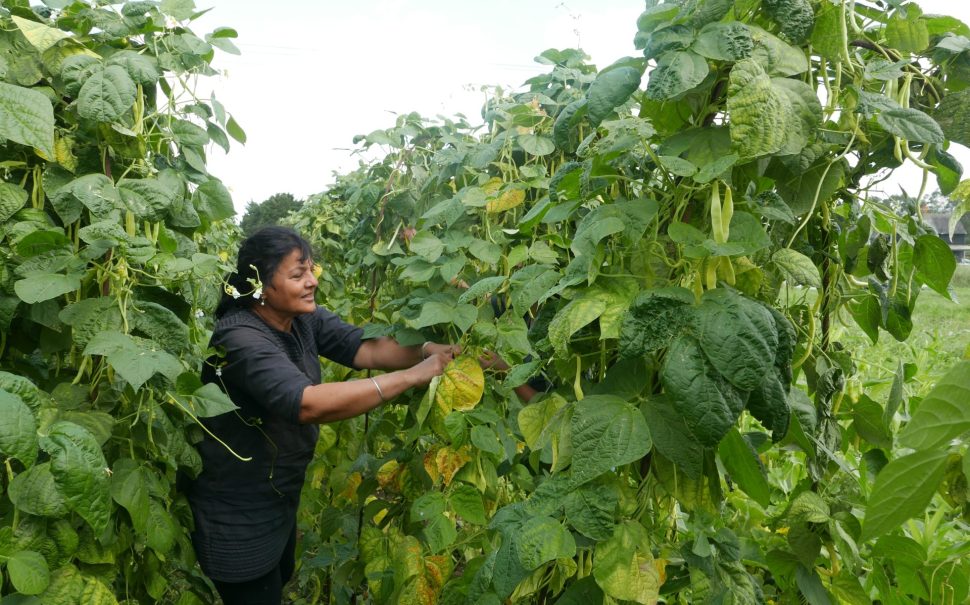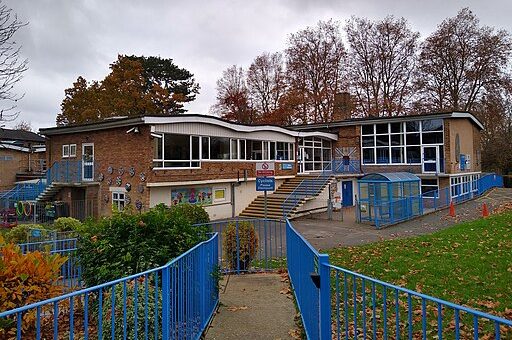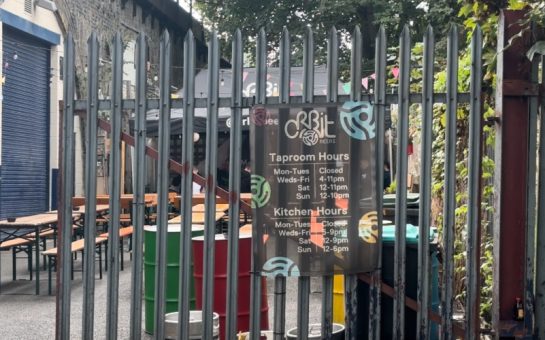A sprawling metropolis like London may seem an unlikely place to grow food, but urban farms could be key for ensuring greater food security as the climate crisis worsens.
Sutton Community Farm in south London and Greenhaus in south west London are just two of hundreds of farms using small spaces to grow organic fruit and vegetables in the city.
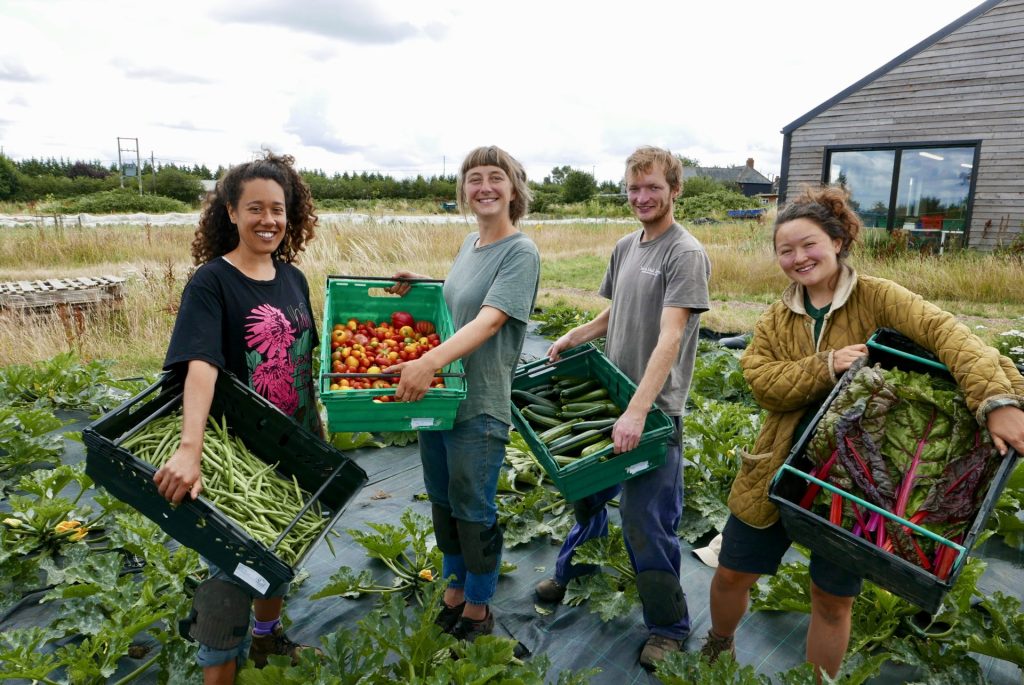
Sutton Community Farm is a seven-acre community-run vegetable growing business in Sutton.
They run an organic farm with the assistance of a group of volunteers who help with all aspects of farm life, from digging beds to harvesting, rewarded with a meal after their hard work.
Their goal as a farm is to work with nature, to create a food-growing system that is truly sustainable.
Sonia Cropper, head of communications at the farm, said: “What it comes down to is: how can you grow food – utilising what’s already happening in nature to your advantage as opposed to trying to control nature or fight against it – and in so doing, completely eliminating the need to use chemicals in order to grow your food?
“As well as having lots of space for habitats for wildlife, planting hedgerows, planting trees, creating ponds and having wildflowers strips and places where nature and wildlife is allowed to thrive and flourish.
“This has lots of beneficial knock-on effects for the wider environment in terms of bird species and not polluting the water systems and just having much more of a long-term resilience.”
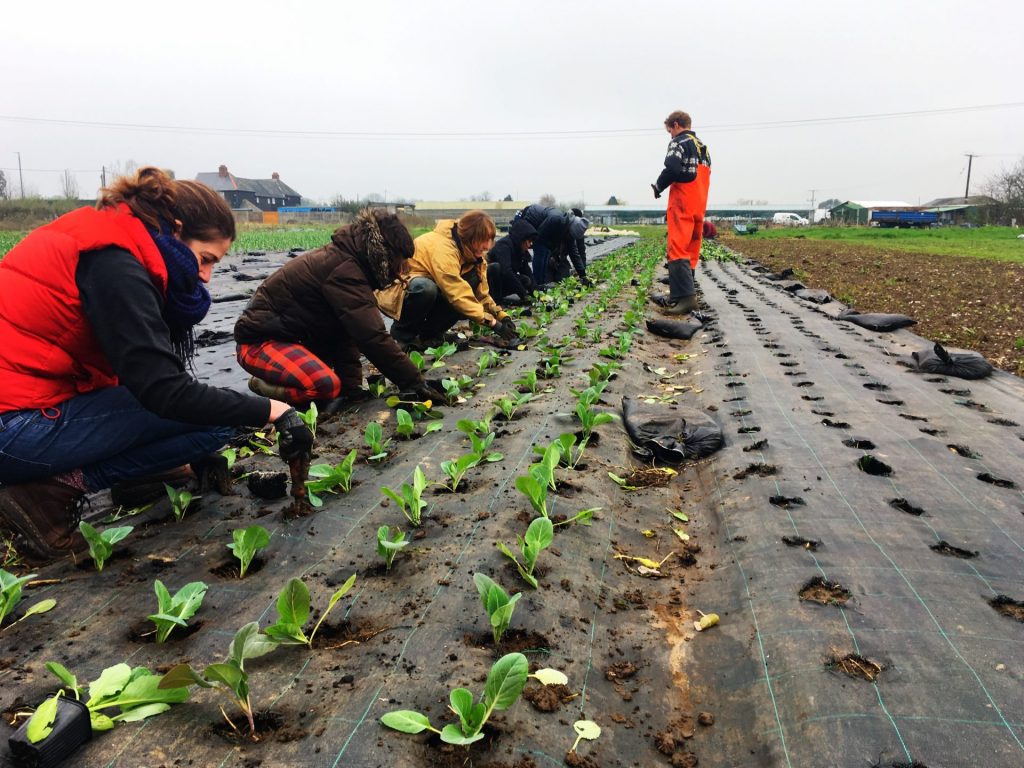
Not only does growing food organically and locally reduce the farm’s impact on the environment, they are also more adaptable to changing weather than larger farms due to the range of crops they can fit in their seven-acre plot.
Cropper said: “We are a very small-scale operation here and so we can be fairly reactive in terms of our watering systems and growing different varieties of crops so that we’ve got a greater likelihood of having success and with our crop yields.”
Sutton Community Farm makes the bulk of their income by selling veg boxes to customers in London and Surrey, as well as selling produce to a restaurant wholesaler in the city.
The box’s prices reflect the small-scale, organic principles of the farm and so are only accessible with those who have the means to invest in organic vegetables.
Customers can choose to donate a box, which is then donated by Sutton Community Farm to one of ten local food organisations including food banks, women’s shelters and refugee charities.
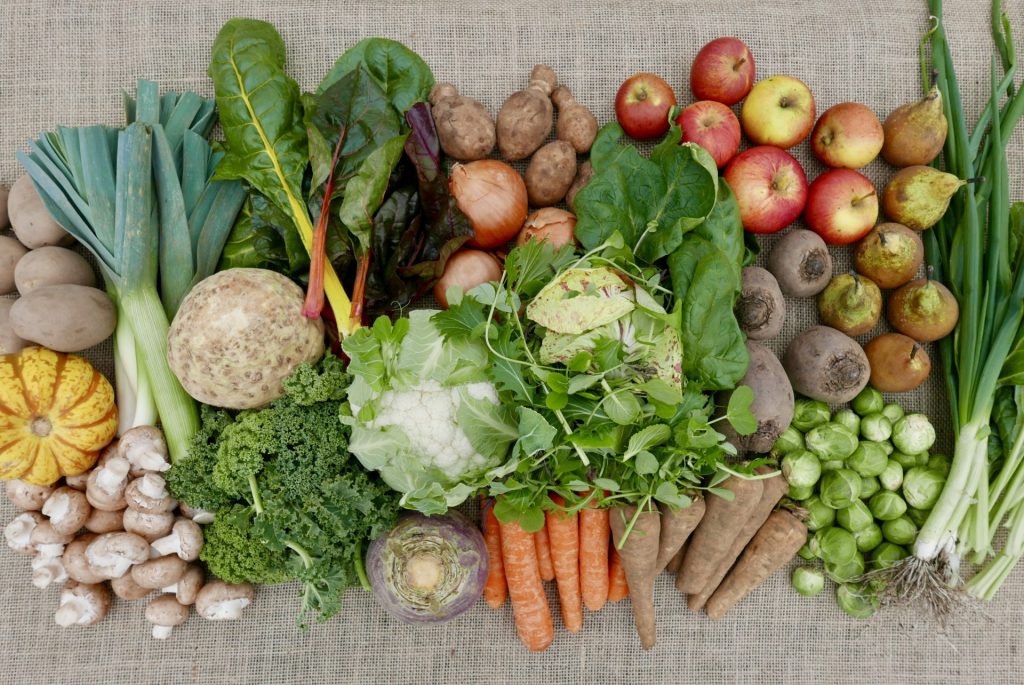
Despite being more resilient to the elements than most farms, Sutton Community Farm is still not impervious to the weather.
Greenhaus Farms in Chiswick uses vertical farming technology in a storage container, producing salad for restaurants and consumers – all within cycling distance of the operation.
It may seem like the stuff of sci-fi dreams, but growing food hydroponically is a growing industry championed for its ability to produce a large amount of food in a small space; Greenhaus, for example, could produce around 900 heads of lettuce per week using their current space.
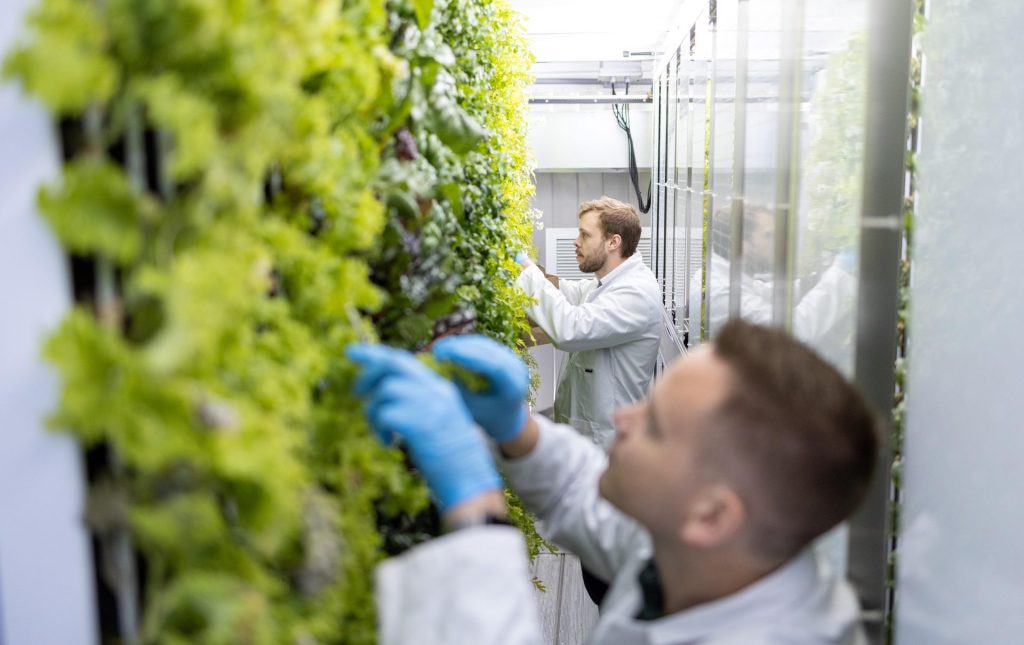
The business mainly produces salad, but vertical farming can also be used to grow soft fruits, leaving more space in the fields for crops like potatoes and grains.
Food grown using this method is also free from chemical pesticides and more nutrient dense than traditionally grown food, since the travel time from farm to plate is about a week shorter.
Harrison Pritchard, co-founder of Greenhaus Farms, said: “This could be something that could have quite a demonstrable impact on food security in cities, because you really don’t need a lot of space.”
He continued: “We’re going to have a big population increase; 8.5 billion people by the end of the decade and 10 billion people by 2050.
“There are going to be more mouths to feed with less space to grow on because people need to live somewhere.
“Soil erosion and soil degradation from existing farming practices and pesticides is also making the land that we do grow on harder to grow on as well.
“So even if you take those sorts of issues, it makes sense that we need to find other ways to grow things, and we need to use technology to grow things.”
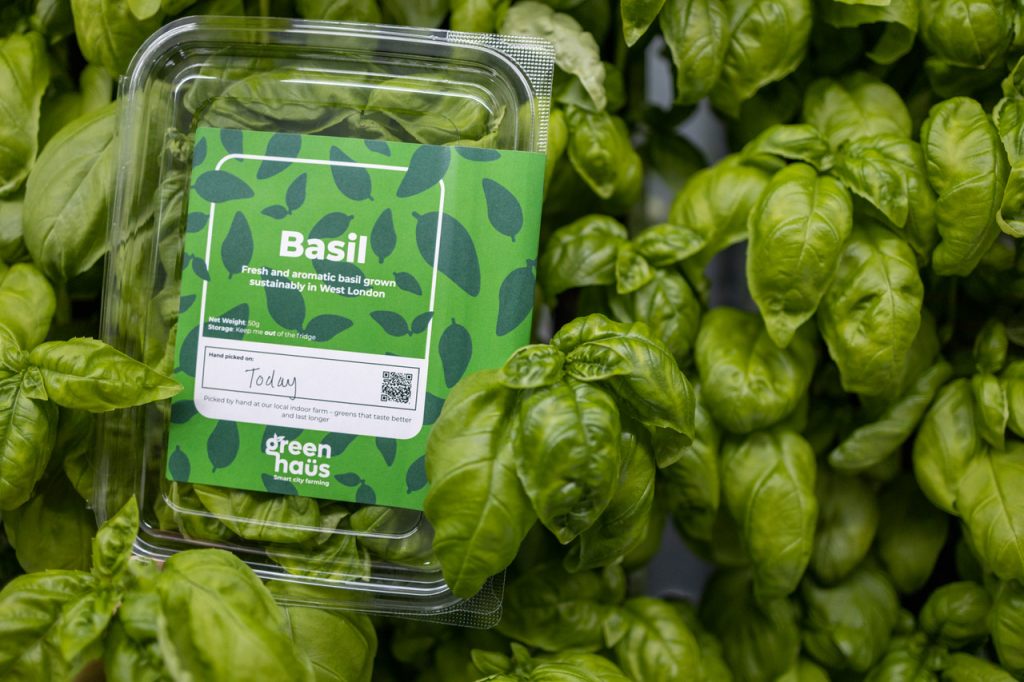
You can find Greenhaus-grown basil atop pizzas at the award-winning Napoli on the Road in Richmond, on the website Wild Market and in shops in the local area.
While small-scale farms can’t cover every need, increasing food production in the city now is one way to guard against food scarcity in the future.
